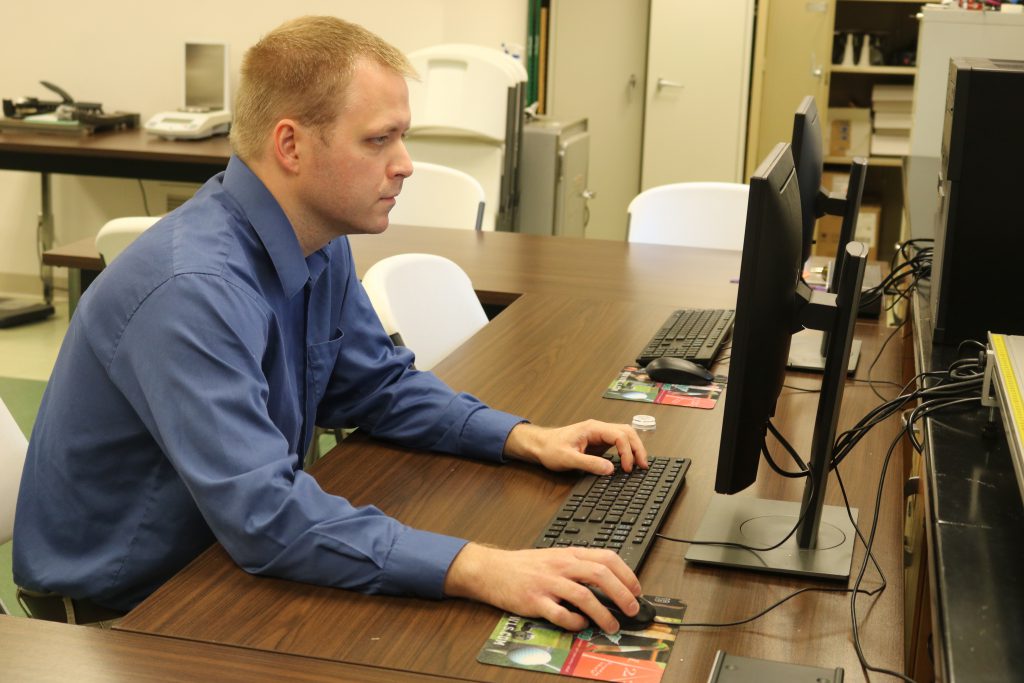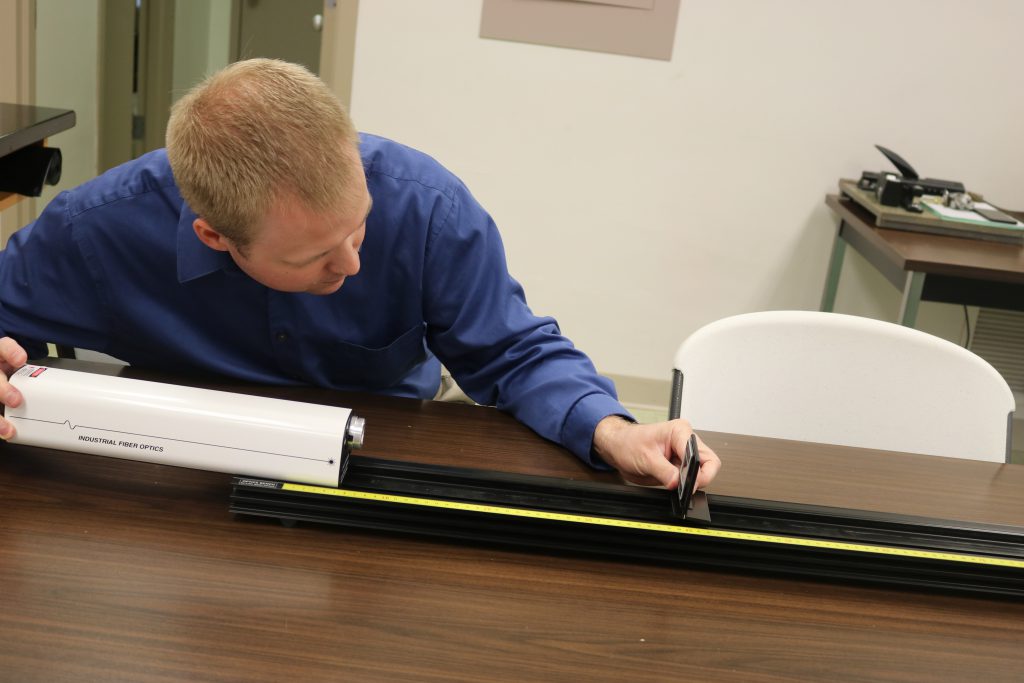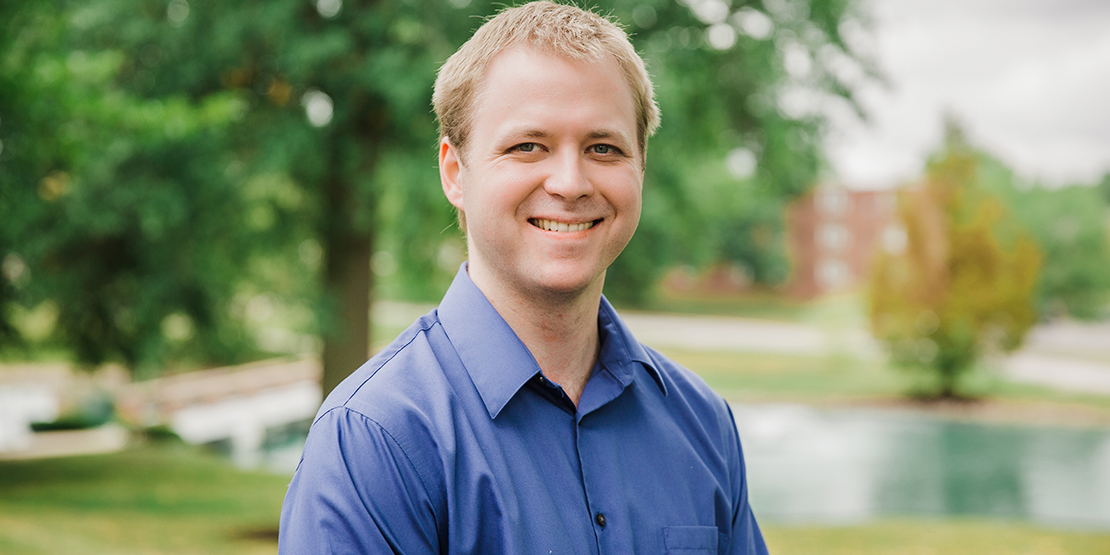Expertise: Astrophysics
I have always had a technical mind. I have always enjoyed taking things apart and figuring out how they work. For a long time, andall the way through high school, I thought I was going to go into engineering. After high school, I joined the military to help pay for college. While servingin the military, my dad suggested looking into physics. It was then thatI found out that physics is the underlying part of engineering that I enjoyed the most. Physics was the part that explained what made the universe tick, encompassingthe laws governing basically everything in the universe.
During my undergrad yearsI took an elective astronomy course. I fell in love with that class, and pairing it with my physics degree led me to astrophysics. Since then I have had a very clear path for my education.
My interest in teaching developed when I was a teaching assistant during graduate school. I found that I enjoyed teaching more than I did the research side of things. Research is a lot of reading and writing. Butinteaching, I got to see students every day I was able to help discover something new.

Coming to William Woods
I completed my schooling at the University of Missouri – Columbia and my wife and I wanted to stay in the area. I grew up in Louisiana but we decided we wanted to stay here. My wife found the listing for William Woods University and it was exactly the type of university I wanted to work for. I am happy that I am able to be here.
I got my Bachelor’s in 2011 from Louisiana State University and then applied to graduate school in the Midwest because my wife is from Missouri, so we wanted to move by her family. I went to University of Missouri – Columbia for my graduate schooling and found William Woods nearby.
Variety of students
I can categorize my classes into three groups. The biggest group, and one that is quite important, are the students in the introductory physics courses. Some students that have to take these coursesinclude biology and exercise science students. I enjoy teaching these students because they are often still science majors, so they have the passion for the class, but are still coming in with limited knowledge and I can really help them grow.

Then there are my physics majors, which is a completely different dynamic. Here, instead of teaching 15-30 students, I am teaching two to three students. They are great students and it’s so different to have that dynamic with such a small class size.
Then I also teach a Fundamentals of Science course, which is another general education course. This is for non-science majors as an introductory science course. The easiest course material can be the most challenging to teach. It is different because you need to be able to engage non-science students in the sciences.
In all of my courses I am alwaysworking on constant improvement. I want to keep up-to-date information and be engaging for my students.
Goals for the program
I would like to recruit more physics majors,of course. It is generally a hard course in high school so students many times do not want to get involved in it. Becomingaphysics major does not mean you have to work in physics the rest of your life – it actuallylooks really good for any career that’s related to technology, problem solving, analysis, or computer science. Elon Musk wasa physics major, and although he does not practice physics every day, he doesrun a multi-billion dollar company. There are a lot of physics majors at those types of companies.
A lot of times I bring in astronomy as a real-world example to class, even if it is not the focus. If we are talking about gravity, thenI can talk about black holes or the gravity on Mars. I am also looking at bringing in an astronomy course.
I am looking to start up research as well. As a newer professor, I wanted to focus on developing my courses, but now I am looking at research. It would be good to get students involved on some research projects.
Career options
The biggest two options for physics majors outside of a research career are software engineering and data analysis. Physics majors learn how interpret large amounts of data and turn it into something digestible. Software engineering is also in every industry – business, healthcare, technology, and more. You can work a corporate career with a physics degree.
And if you really want to shoot for the stars, so to speak, remember that a physics background is also something they look for if you want to be an astronaut!

